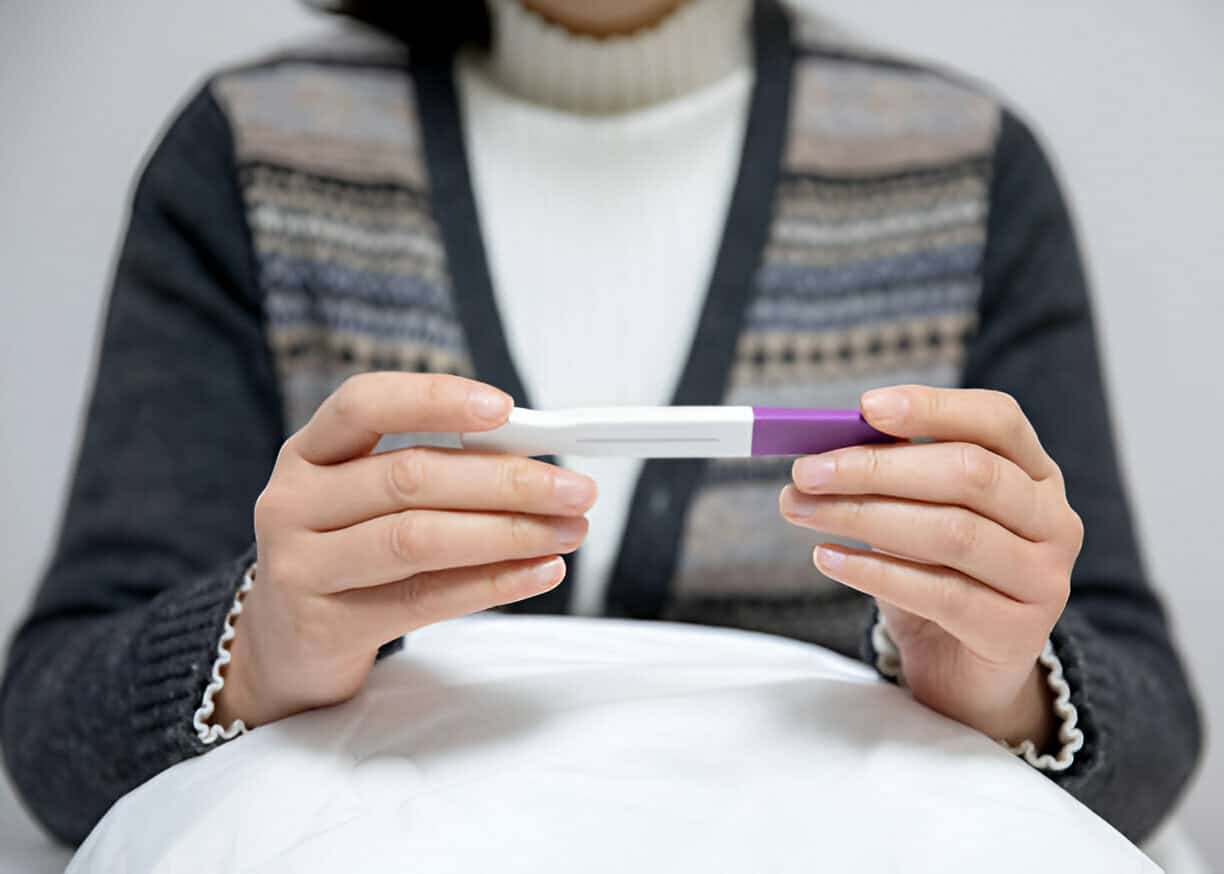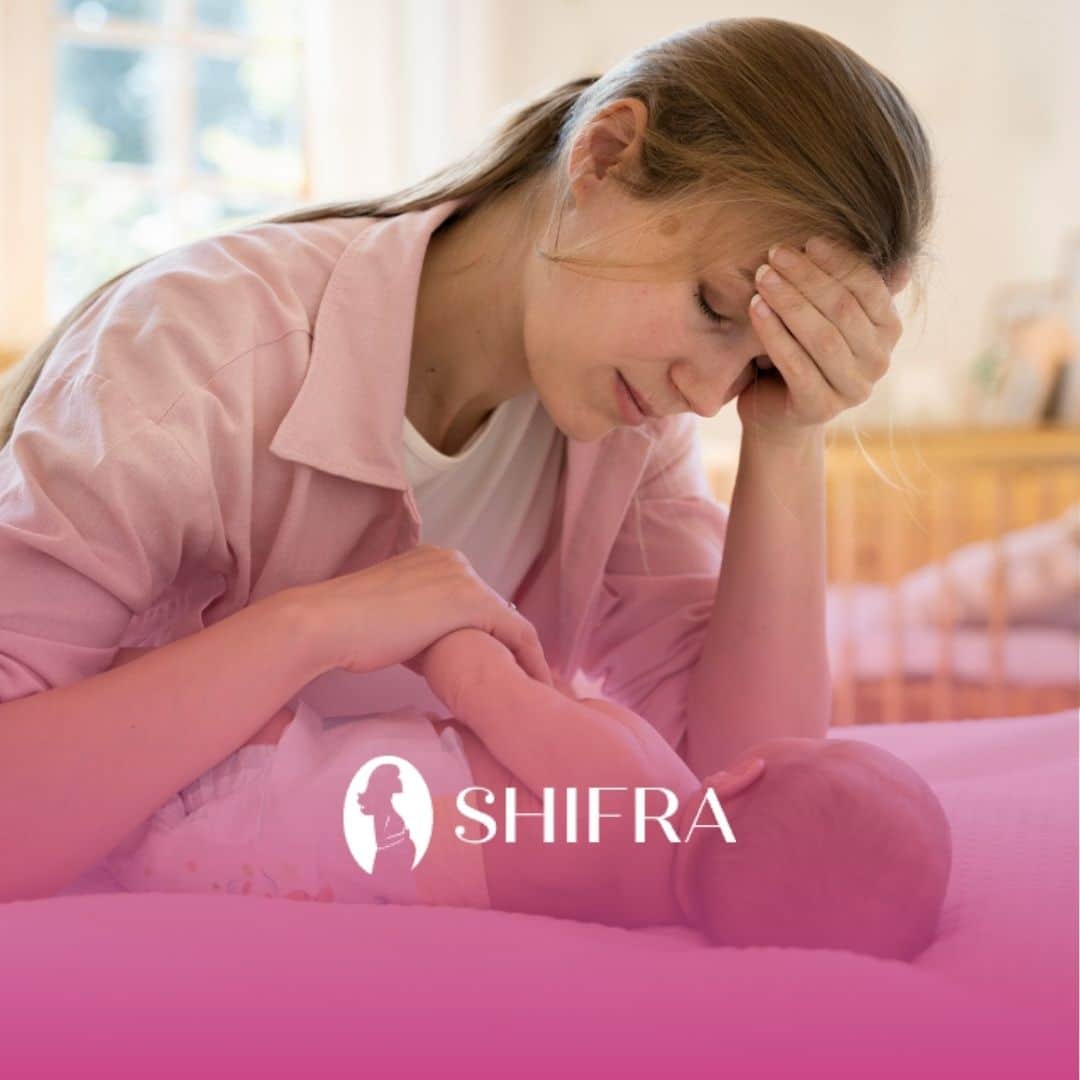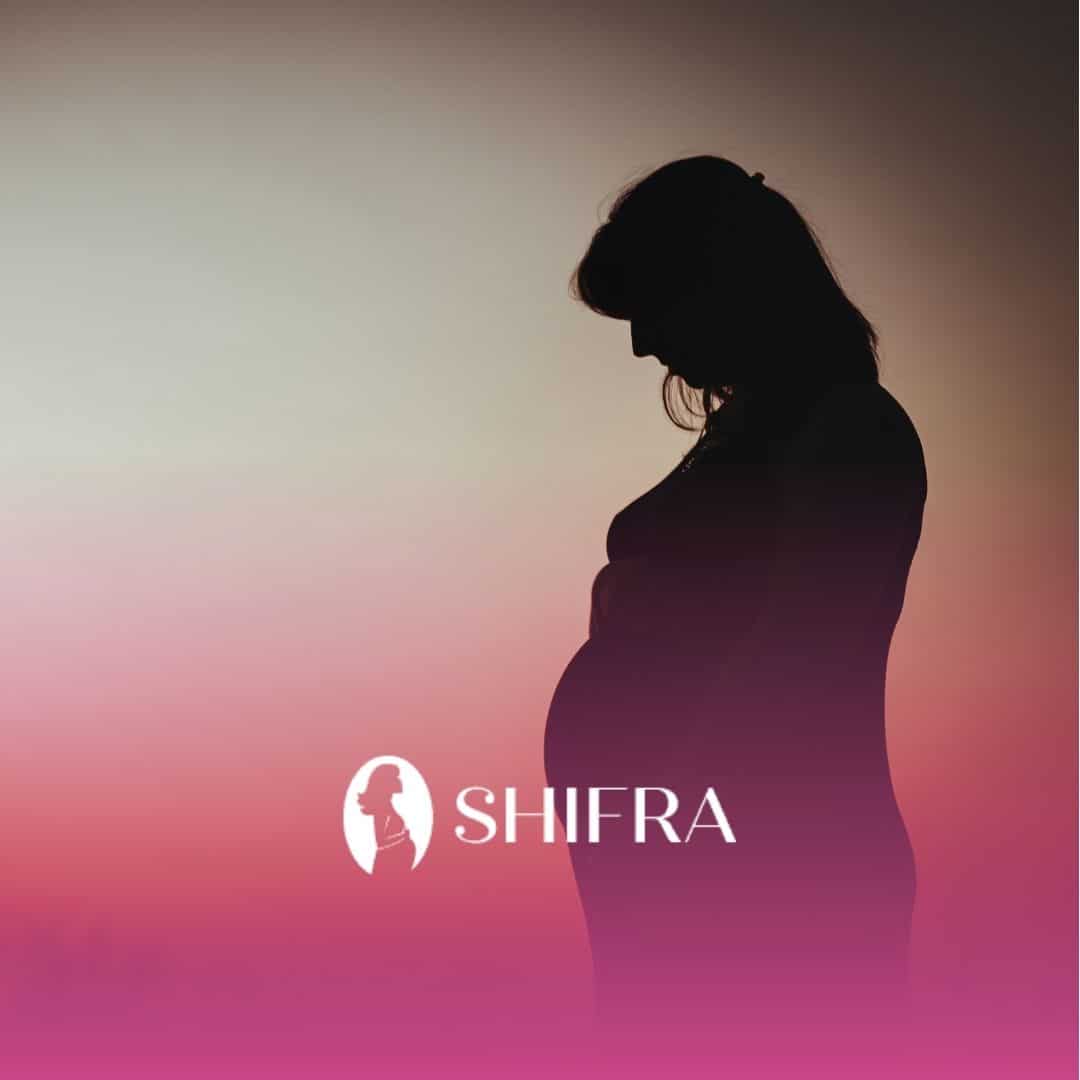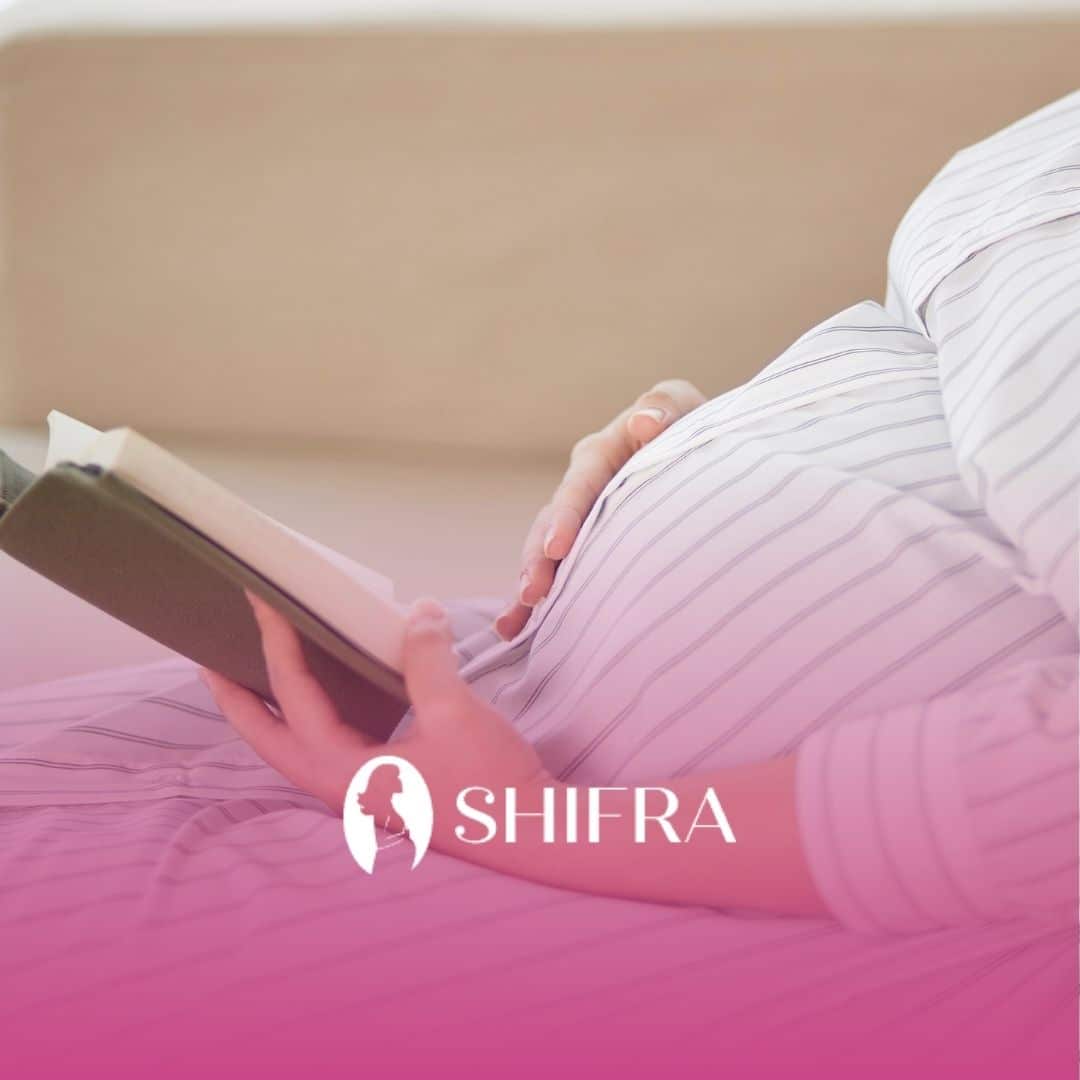It’s no secret abortion is a very divisive political topic. In the United States, nine states have no restrictions on abortion, 28 states have restrictions based on the duration of gestation, and 13 states have implemented total abortion bans or abortions after a heartbeat is detected.
Outside of Florida, these restrictions do not impact most American Jews because they are concentrated in blue states or urban areas with little or any abortion restrictions. According to a Pew poll, the majority of Jews (83%) consider themselves to be pro-choice.
Although political abortion conversations focus upon legal rights, abortion also involves deeply personal and moral questions.
Traditional Jewish views on abortion are rooted in the Torah, which has provided wisdom and moral guidance for thousands of years. The Torah’s guidance goes beyond simplistic political categories of “pro-life” and “pro-choice.
As a general principle, ”abortion on demand“ for any reason is not consistent with Jewish law (halahka). This is because Judaism and the Torah teach that in general we should view children as a Divine blessing, not a burden.
However, abortion to save the mother’s life from imminent death is justifiable in Jewish law because in this case, the fetus can be regarded as a rodef, “pursuer” threatening the mother’s life.
There is much debate about in what circumstances the “mental health” of the mother can be grounds for permitted abortion in Jewish law. For many, rape, incest, fetal diagnoses can be considered “mental health” reasons for abortion. Traditionally, a ruling that an abortion would be permitted as an exception (heter) is determined by the woman’s rabbi after careful investigation and listening.
Whether an individual Rabbi or a Jewish movement (Reform, Conservative, Modern Orthodox, Chabad etc) are more lenient or stringent on this topic depends on their understanding of Jewish law.

Jewish Communal Obligation
Despite all the debate- there is one universally held Jewish view on abortion. Jews are obligated to offer a vulnerable pregnant woman tzedakah (charity) and chesed (kindness) that might help her continue her pregnancy.*
How do we know this is the case?
First, according to Jewish law, there are many restrictions required to observe the Sabbath (Shabbat). However, there is an essential principle that one must violate the Sabbath if life is at stake. This principle is called “Pikuach nefesh.” For example, if someone might die from a heart attack, you are required to violate the Sabbath (like drive a car or spend money) in order to take them to the hospital.
The reason is that the Torah says that we should “keep the laws that we may live by them”. Saving a life takes precedence.
The principle of “pikuach nefesh” extends to protecting a pregnancy. If at any stage, there is a threat to the life of the fetus, one must break the Sabbath in order to help the pregnant woman get to the hospital and save the developing life in the womb.
Secondly, the Hebrew word for compassion, “rachamim”, comes from the Hebrew word for womb “rechem”. Compassion is a defining value for Jews, and it follows that its mandatory to be compassionate towards a vulnerable pregnant woman- offering support for her and her baby if needed.
Pro-Choice and Pro-Life: Moving Towards Compassion in Action
SHIFRA exists to put this universally held Jewish view on abortion into practice. SHIFRA provides vulnerable pregnant women with the financial, emotional, and social support they might need if they have their baby.*
As SHIFRA’s founder, Erica Pelman, founder of SHIFRA, pointed out in her recent Rootless podcast, the emotional, financial and social factors that drive women to abortion are not a fixed phenomenon. Whether or not a woman wants her baby or can afford her baby often changes when she is offered more resources and support.
Offering real and practical support (chesed and tzedakah) can make abortion feel unnecessary and thereby save lives.
For Pelman, the real question becomes: if most Jews are pro-choice, shouldn’t our community invest in supporting the women who choose to have children?
Pelman’s initiative, which started with a small group of women in Washington, D.C., was born out of the realization that many women in crisis do not feel like they have any other “real choice” besides abortion.
Women who feel forced into abortions by circumstances/lack of support can experience a sense of devastating loss lasting years and even decades.

Jewish Help through Unwanted Pregnancies
Drawing inspiration from Israeli organizations, SHIFRA fills a vital role in offering counseling, financial assistance, and community support to help Jewish American women through unplanned pregnancy crises.
If a woman terminates her pregnancy or miscarries, SHIFRA continues to offer sensitive and caring follow-up.
- Free professional counseling until the baby’s first birthday
- Customized Financial Aid
- Material Aid (Care Packages, Maternity Clothes, and more)
- Referrals
- Lifetime of Parenting Classes
To date, American-Jewish communal funding for abortion access has exceeded funding towards helping women continuing crisis pregnancies.
This is now is beginning to change as SHIFRA gathers supporters from across the Jewish community. SHIFRA’s team consists of Jews from all walks of life- secular and religious, Orthodox, Reform and Conservative.
Across the spectrum, the Jewish community values bringing children into the world. The Jewish community also takes seriously the responsibility involved in bringing children to the world, including caring for their emotional, physical and educational needs.
That is why SHIFRA must play its vital role in helping Jewish women through crisis and empowering them through lifelong learning to build strong Jewish families.
*SHIFRA helps only in cases in which the pregnancy does not pose a mortal threat risking the mother’s life.






